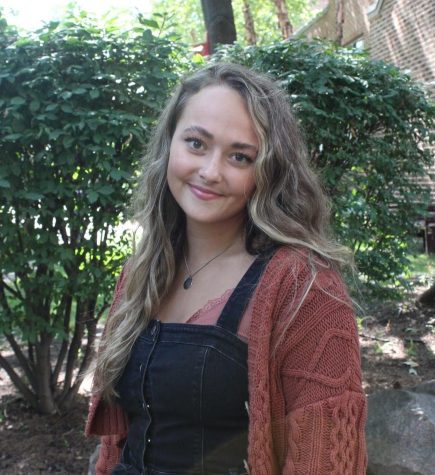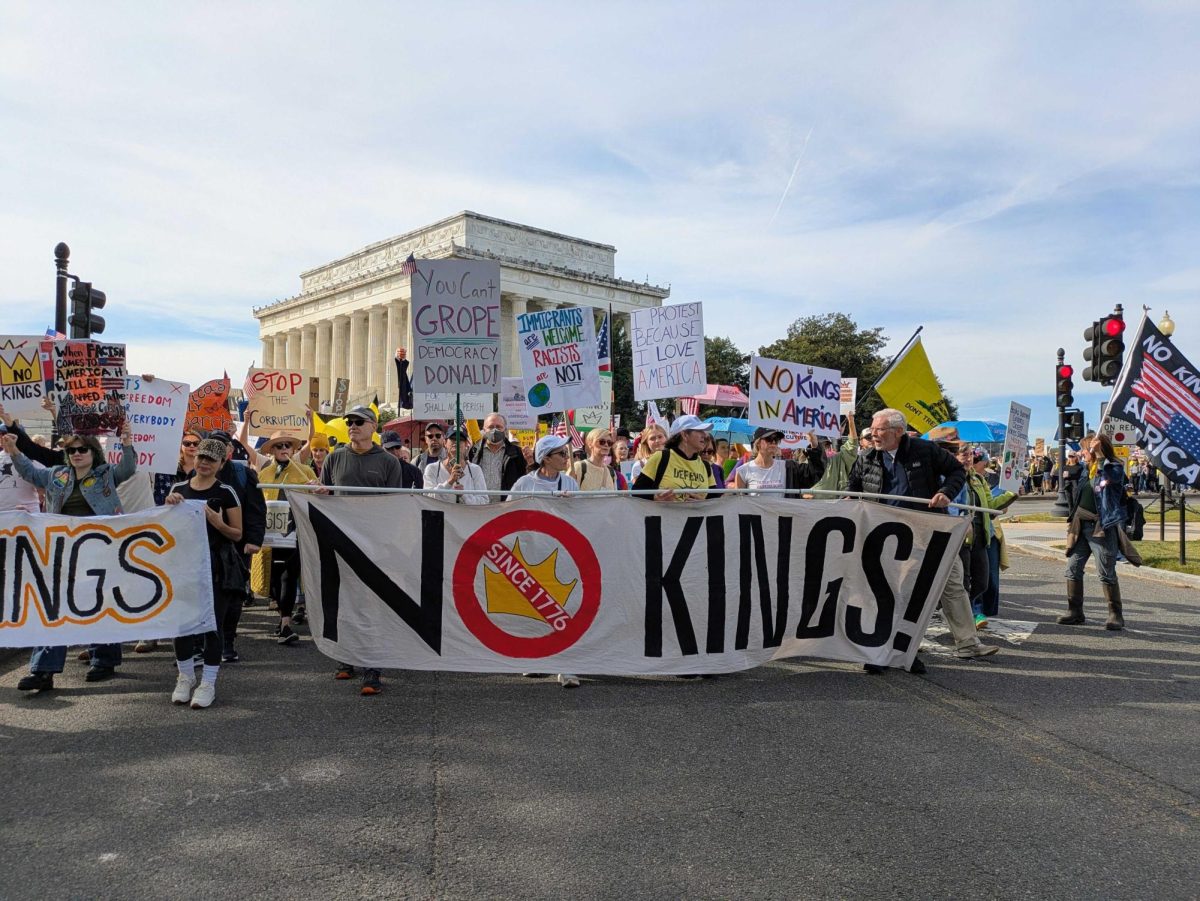The effects of not having a true break on campus
A student’s wary cry for a break amidst the pandemic
March 9, 2021
Morale on campus is low.
This is apparent in the gray faces, messy hair, sludging gates to class and barely-put-together outfits, not to mention the half-efforted papers, the failed exams and the low attendance.
Why is everyone so blue? Why does no one seem to have the energy to reach their full potential here at Gannon, let alone show up for class?
All work, no rest.
Working two semesters straight through, with an extended break in between, during a global pandemic has had a tremendous mental strain on the entire Gannon community, but especially on the students.
In order to obtain a full view of Gannon’s perspective on the issue of no spring break this semester, I contacted Douglas Oathout, chief of staff and director of Marketing and Communications.
Luckily, Oathout was happy to speak with me, because I am his favorite ice cream server at The Straw Hat Sundae Shop in North East.
Oathout made it clear — Gannon would have loved to have had a spring break, including time off for Easter celebrations. However, the goal of the university was to remain in-person as a community throughout the entire semester. For one, this guarantees a community for those who may have lost this comfort in other areas of life due to COVID-19 shutdowns. More importantly, however, this exclusion of spring break subsequently guarantees that as students, we get the most out of our education.
He also added that Gannon gave us a chance to prove we could handle time off with an extended weekend for Labor Day in the fall, and this only resulted in a spike of COVID-19 cases, quarantine and taking students out of the classroom.
Whatever the rationale, regardless of us being in this together, though, students are still struggling mentally.
Merely by observing other students while I am on campus, it is clear that my classmates are burnt out, and for those who struggle with their mental health, this pandemic and its consequences are excruciating.
Our counseling center is overwhelmed by students in need. The current wait time to see your counselor is three weeks. They are working tirelessly, sometimes through their lunches and into their personal time, to accommodate the needs of the struggling Gannon students.
“This semester, like the last one, is a shared sacrifice to provide some continuity of education – to keep you on your life’s timeline — amid a global pandemic,” Oathout said. “It is not easy. It is not simple.
“We have added staff for mental health counseling, we have designed programs to engage across virtual and in-person channels. I could go on. But I would not try to beguile you to think any of this is normal. It’s not. But what you are attempting to do – what we are all attempting to do – is to persevere against incredible odds and to keep our life plans somehow on track.”
I understand the urgency to stay on campus and keep COVID-19 cases at a minimum within our Gannon community; this virus is a serious issue. And Gannon has done a fantastic job at helping all members of our university stay positive, healthy and involved.
However, how can students even attempt to perform in the classroom when their energy levels are so low?
We must have a balance in our lives between work, play and rest. For most students, though, this has been an intangible necessity for the past year.
Yes, we had two months off. But did we really?
Among the many challenges presented amid the COVID-19 pandemic since March 2020, finances have been at the forefront.
Over the break, and even into the spring semester, many students have obtained jobs, often times more than one, to afford to continue their education here, not to mention manage living expenses such as medical bills, groceries and so on, and we are still waiting on CARES Act Funding here on campus.
So, on top of a grueling, unceasing school schedule, in addition to homework after hours, internships, managing school finances for housing, tuition and material such as books and lab kits, students are utilizing the leftover time allotted for them to rest to earn some money and stay afloat.
Would a week, or even a day, off really make a difference? Would students even use this time for rest, or would they use this gift as time to get ahead on school work or break even financially?
I don’t have the answers, and I think in times so uncertain, no one does.
I am simply making observations as a student, and I believe it is my duty to use my privilege and responsibility as a Gannon Knight writer to express these concerns to my fellow students, my professors, but more importantly, my Gannon community.
We are tired, Gannon. Please provide us with some relief.
ALI SMITH






Liz Young • Mar 11, 2021 at 8:33 pm
As a parent of a student athlete, the sacrifices are monumental for those kids. Most students at Gannon also took classes over the wintermester so there was no mental break from all this covid mess. Maybe as a good faith gesture tje grading scales could be modified a bit to accommodate the struggle of our students being totally exhausted. Seeing family, sleeping in their bed at home seems like a luxury that won’t happen till May. Everyone needs a recharge or at least a break. Give the students an incentive and give a little somewhere. When the brain is so tired, their grades will be affected. Slide that scale and maybe that will be enough of a break to get them through.